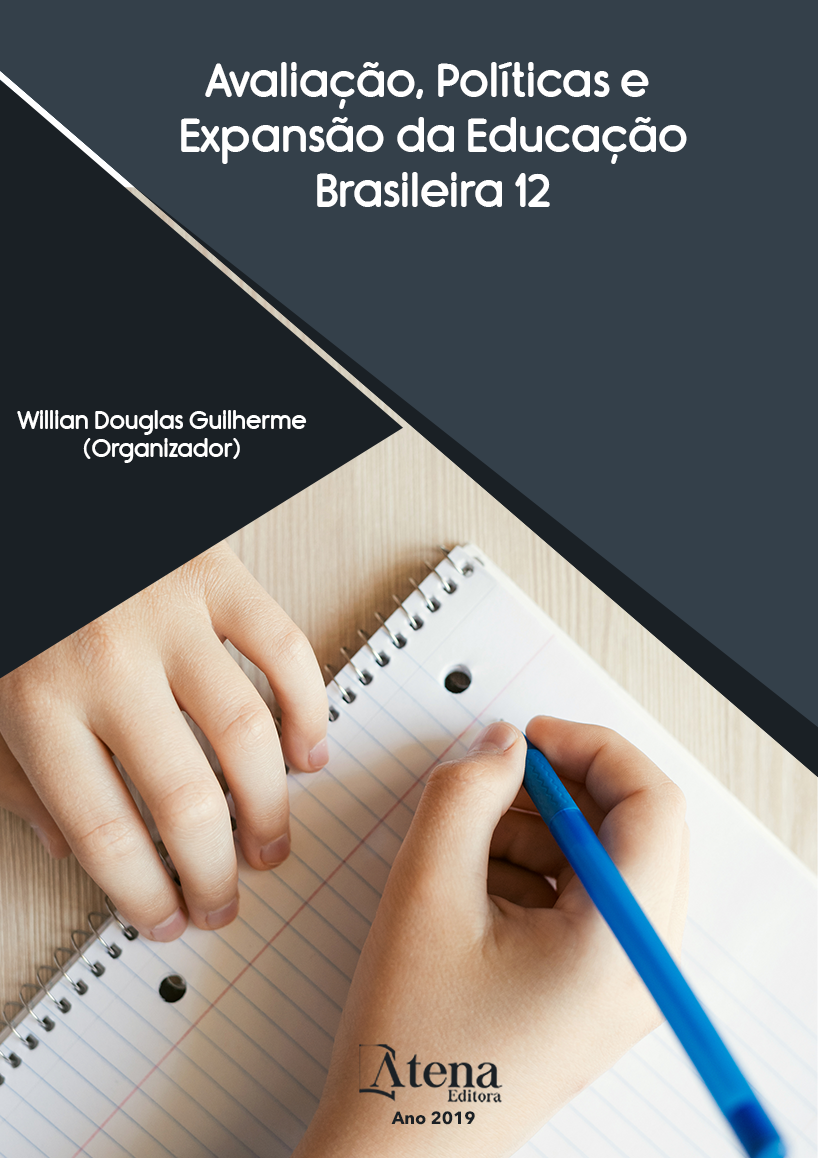
“O QUE ACONTECEU AINDA ESTÁ POR VIR”: A MÚSICA “ÍNDIOS” E O ENSINO DE HISTÓRIA DO BRASIL
O presente trabalho é uma
pesquisa-ação que buscou identificar possíveis
contribuições da música “Índios”, da banda
Legião Urbana, para o ensino de História, a
partir do trabalho como docente de um colégio
particular da região de Itapetininga-SP. A música
foi entendida aqui como um importante objeto
de mediação cultural, vinculado as concepções
socio-interacionistas de Lev Vygotsky. Assim
buscou-se analisar as contribuições de
uma sequência didática desenvolvida com
estudantes do primeiro ano do ensino médio,
sobre os conteúdos “Invasão e Colonização
do Brasil”, tendo como suporte a música
“Índios” (1986). Entre os resultados obtidos
está a conclusão de que o trabalho realizado
oportunizou formulações mentais entre os
estudantes que demonstraram envolvimento
com agentes históricos de outras temporalidades
e relevantes apropriações conceituais de temas
históricos, a partir da utilização de uma música
com ricas qualidades alusivas como um dos
eixos gravitacionais da aprendizagem.
“O QUE ACONTECEU AINDA ESTÁ POR VIR”: A MÚSICA “ÍNDIOS” E O ENSINO DE HISTÓRIA DO BRASIL
-
DOI: 10.22533/at.ed.58119121125
-
Palavras-chave: Ensino de História; Vygotsky; Música; Rock Nacional; Sociointeracionsimo.
-
Keywords: History Teaching; Vygotsky; Music; National Rock; Sociointeractionism.
-
Abstract:
The present work is an action
research that sought to identify possible
contributions of song "Índios" from the brazilian
band Legião Urbana to teaching history from
the work as a teacher of a private school in
Itapetininga-SP. Music was understood here
as an important object of cultural mediation,
linked to the socio-interactionist conceptions of
Lev Vygotsky. Thus we sought to analyze the
contributions of a didactic sequence developed
with students of the first year of high school on
the contents "Invasion and Colonization of Brazil"
supported by the song "Índios" (1986). Among
the results obtained is the conclusion that the
work carried out provided mental formulations
among students who demonstrated involvement
with historical agents of other temporalities and
relevant conceptual appropriations of historical
themes from the use this music with rich allusive
qualities as one axes gravitationals of learning.
-
Número de páginas: 15
- FÁBIO CHILLES XAVIER


